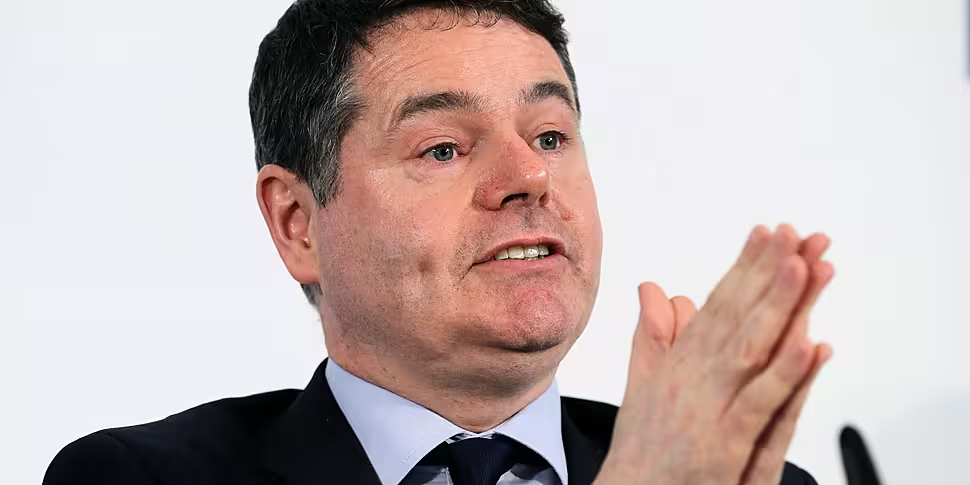Changes to how the pandemic unemployment payment (PUP) is taxed are aimed at ensuring people don't face a big tax bill at the end of the year, the Finance Minister has said.
Paschal Donohoe says people on the lower rates of the PUP are unlikely to face any additional tax liability when they return to work.
It was revealed yesterday that people on the PUP will have to pay any income tax due on the payment this year, with their tax credits to be reduced in line with the payments they've received.
It's a change from last year, as anyone who owes tax from the PUP they received in 2020 will be able to pay it over a four year period.
Tax experts say that people who receive the full PUP payment of €350 are likely to owe around €7 for each week they received the payment.
Minister Donohoe told The Pat Kenny Show that the taxation situation had to change.
He explained: “While I always made it very, very clear that the PUP is taxable - as is income from job seeker’s payments - we weren’t in a position to tax it at the time because we created the payment in an emergency.
“You will recall the concerns that did develop at the end of the very end of the year, over whether PUP recipients would face a really large tax bill at the end of the year.
"In order to avoid that happening again, what is simply happening is it will be taxed normally as we go through the year - to try to avoid any sense that there’s a big bill pending."
He said one key difference now is that there are four different rates of PUP now in place - at €200, €250, €300 or €350 per week - depending on people's ordinary income.
He explained: “If you’re on the 200, 250 or 300 rate, it’s very likely the value of your tax credits on a weekly basis will actually be less than the values of the PUP payments you’re getting - so you won’t have any additional tax liability when you go back to work.
“On the €350 payment, let’s say somebody had been unemployed from the start of January until the start of May this year… they go back to work in May, and are a single person.
"It’s likely the additional tax liability that they would have from May onwards that is not covered by the weekly tax credits would be between €130 to €140 [over the year].
“Of course I understand the concern over a big bill at the end of the year… in order to avoid it this year, that’s why the Revenue Commissioners are collecting tax [in this way].”
The Minister also poured cold water on the prospect of a fresh 'stay-and-spend' scheme being put in place for this coming summer.
He said other measures to support local tourism businesses are already in place, such as the lower VAT rate for the hospitality sector and the employment wage subsidy scheme.
He said: “There’s a vast amount of help underway, to support an incredibly important part of our economy at a time of strain.
"The further question is, however, if we’re all likely to stay at home and holiday at home - and please god we will be for the summer - is it good use of people’s money to spend it to encourage them to do things they’ll be doing anyway?”









